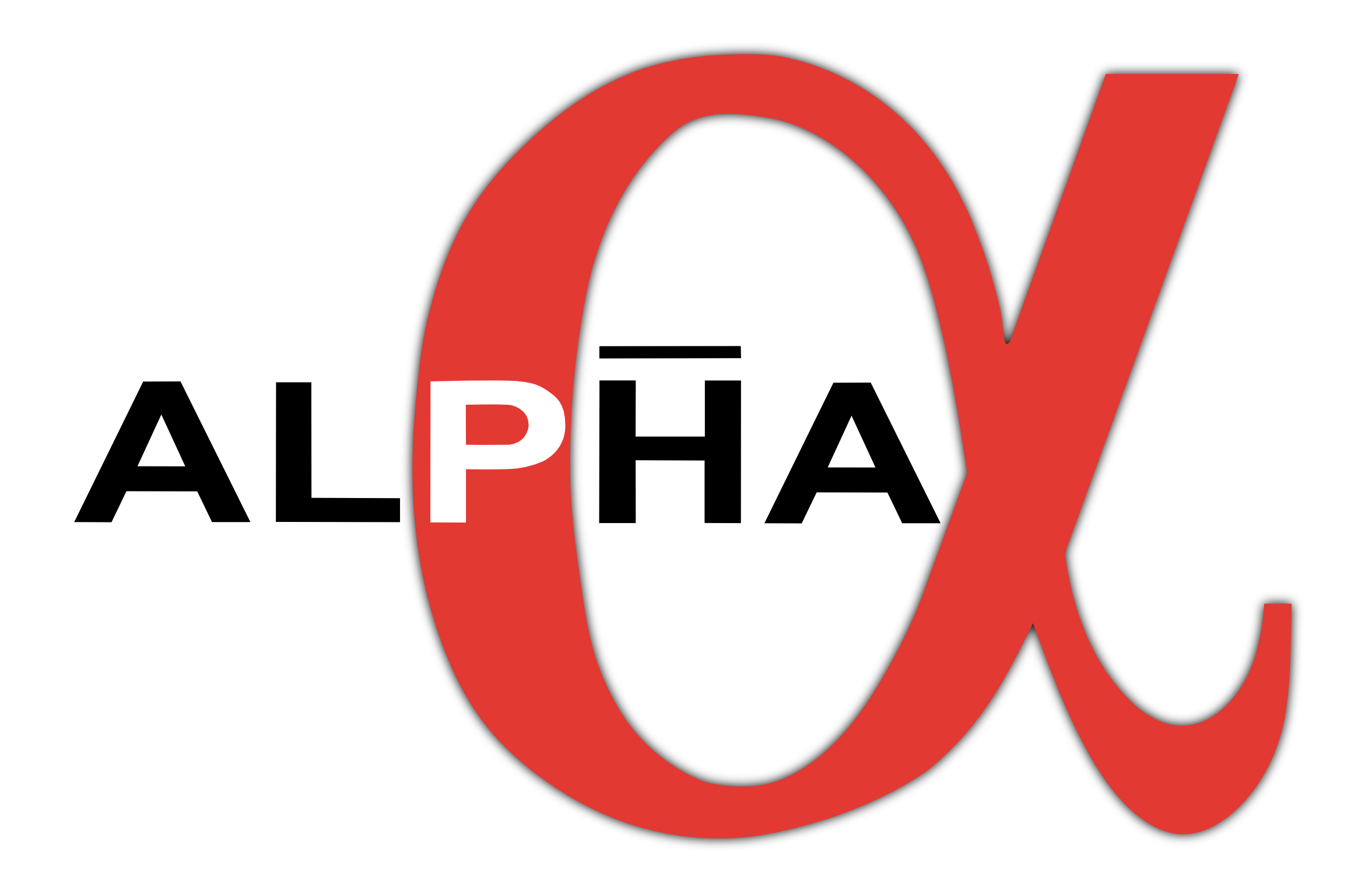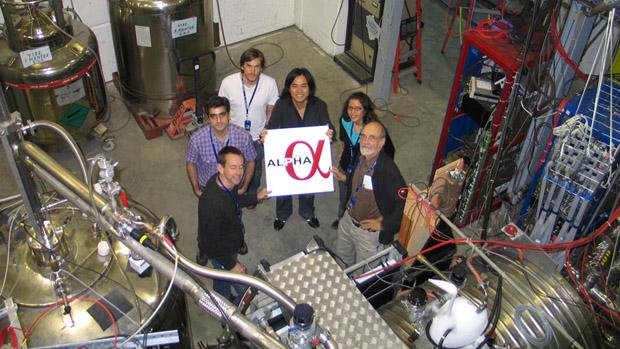Members of the ALPHA Collaboration from Canada were recently awarded the NSERC John C. Polanyi Award for their contributions to ALPHA's sucesses in trapping and measuring antihydrogen atoms. The award honours an individual or team whose Canadian-based research has led to a recent outstanding advance in the natural sciences or engineering.
The Canadian group contributes accross the spectrum of ALPHA's work, but particularly in the areas of electronics and analysis for the annihilation detector, and the development of the microwave system for measuring antihydrogen's ground-state structure. The design and construction of ALPHA 2's atom-trap cryostat was also led by Canadian institutes.
The full Canadian team at ALPHA is Nathan Evetts, Andrea Gutierrez, Prof. Walter Hardy, Mario Michan, Prof. Takamasa Momose, Sarah Seif El Nasr (University of British Columbia), Dr. Timothy Friesen, Dr. Richard Hydomako, Prof. Robert Thompson (University of Calgary), Mohammad Ashkezari, Ryan Dunlop, Prof. Mike Hayden (Simon Fraser University), Dr. Makoto C. Fujiwara, Dr. David Gill, Leonid Kurchaninov, Konstantin Olchanski, Prof. Art Olin, Dr. James Storey, Dr. Simone Stracka (TRIUMF), Chanpreet Amole, Andrea Capra, Prof. Scott Menary (York University).
Prof. John C. Polyani, the Nobel-prize winning chemist for whom the prize is named, welcomed the award, saying
NSERC John C. Polanyi Award, CanadaThroughout my career colleagues have assured me that the universe should not exist. Creation produced equal amounts of matter and anti-matter; they should have annihilated one another. Today's prizewinners give us hope that the universe may yet be saved. They have kept anti-matter away from matter for a full 15 minutes. The universe is older than that, so our prizewinners will be back on this stage. Meanwhile we congratulate NSERC for bravely recognizing the best and most basic research, and we applaud our prizewinners for adding an important milestone to the history of science.

